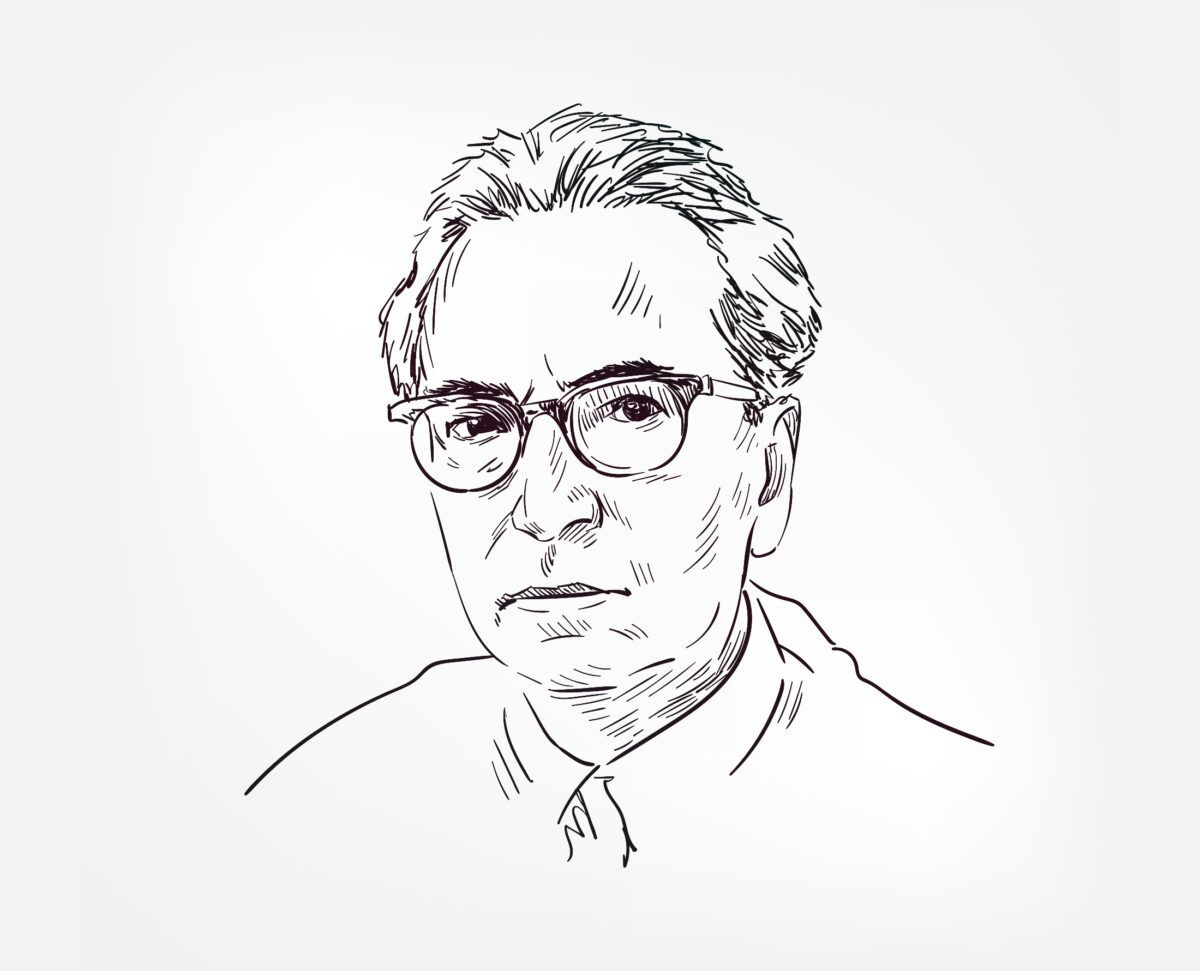Changing Perspective.
The limits of introspection, and the possibility that a better perspective allows.
There may come a time when introspection and the pursuit of self-improvement are no longer useful. Perhaps then it is perspective, how we see ourselves in the context of the larger world, that makes TRANSITION possible.
After his imprisonment at Auschwitz, psychologist Viktor Frankl observed that a prisoner’s survival depended less on starvation or physical condition and more on perspective - how they understood themselves and their circumstances within the larger world.
Whether they believed they still had purpose beyond their imprisonment.
“The more one forgets himself—by giving himself to a cause to serve or another person to love—the more human he is and the more he actualizes himself. What is called self-actualization is not an attainable aim at all, for the simple reason that the more one would strive for it, the more he would miss it. In other words, self-actualization is possible only as a side-effect of self-transcendence.”
He later wrote in “Man’s Search for Meaning.”
Frankl, who was eventually liberated, credited his survival to this ability to transcend his horrific circumstances. His perspective remained that: his current station - his life in the camp - was not the end and that he would one day return to teaching and studying psychology.
“I saw myself standing on the platform of a well-lit, warm and pleasant lecture room. In front of me sat an attentive audience on comfortable upholstered seats. I succeeded somehow in rising above the situation, above the sufferings of the moment, and I observed them as if they were already of the past.”
I stopped taking a medication called Effexor earlier this year.
A serotonin-norepinephrine re-uptake inhibitor. An antidepressant in lay terms.
The process was uncomfortable and came with a level of physical discomfort I did not expect. I cut the dose in half six times over seven months, each step resulting in a few days of heavy introspection - looking inward through a magnifying glass - likely accessing what the medication allows a person to avoid.
To get through it, I exercised, wrote, gave up alcohol for stretches, and explored psychedelics. I read articles and listened to podcasts about neurology and happiness, trying to think my way through it all.
Some of it helped, some of it did not, but all of it encouraged a lot of introspection and a lot of examination of one single thing… Me.
The day I took the last capsule, I was in Valdez, Alaska, with my partner from the Veteran’s Outdoor Advocacy Group (VOAG) and three friends. The mountains near Valdez rise 6,500 feet straight out of the Pacific, with its shores only about fifteen miles away.
We walked on glaciers and up steep snow toward unnamed peaks of the Chugach, skiing two or three runs each day before returning to the rental car parked on the highway.
One downside was that the majority of the trip was experienced through thick fog. The clouds coming off the ocean hang low in the sky, and the white fog against the white snow sometimes made it difficult to see more than a few yards ahead.
On the final day we talked a lot about VOAG, its nuanced mission, and our conviction in progressing our work despite the sheer size and scale of the problem. Sometime just below the day’s high point, the clouds broke and for about an hour it was possible to see just how vast and enormous the landscape really was - peaks stretching on, one after another, as far as you could see.
Subconsciously, the conversation together with the landscape was enough to cause a change in perspective. A realization of being very small amidst a very big world. A kind of transcendent feeling.
The next day I elected not to take the medication, and that was the end of it.
While I would argue that looking inward can be profoundly helpful, I learned this year that perspective, seeing ourselves in the context of the greater world, might be just as important.
The TRANSITION is not medical advice. Discontinuing prescription medications should only be done in consultation with a physician.





My wife's Alzheimer's was dropped into my perfect life six years ago. At first, I did not know anything about the condition. I was so stressed out I didn't/couldn't read anything for two years. After I started reading, I finally read Man's Search for Meaning. Frankl literally changed my life. His perspective showed me how I could grieve and grow at the same time. He inspired me to write a memoir. I am now using the memoir as a vehicle for speaking publicly about dementia. I found a new life purpose in the sorrow. My wife will soon pass comfortably into whatever lies beyond death; I will be devastated, but I have already found a way to be happy.
Those only are happy who have their minds fixed on some object other than their own happiness: on the happiness of others, on the improvement of mankind, even on some art or pursuit followed not as a means, but as itself an ideal end. Aiming at something else, they find happiness by the way. — John Stuart Mill